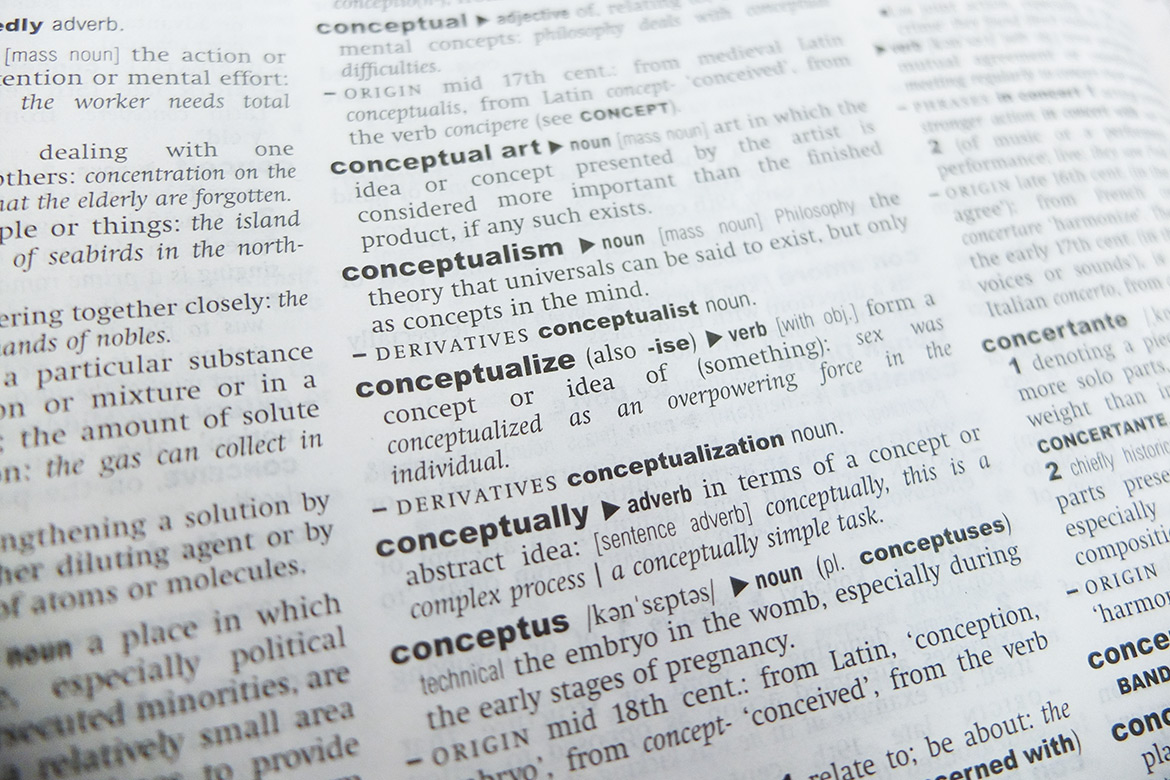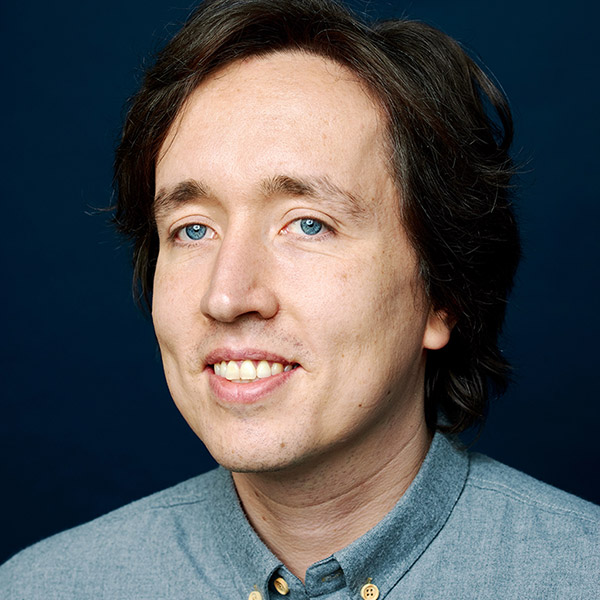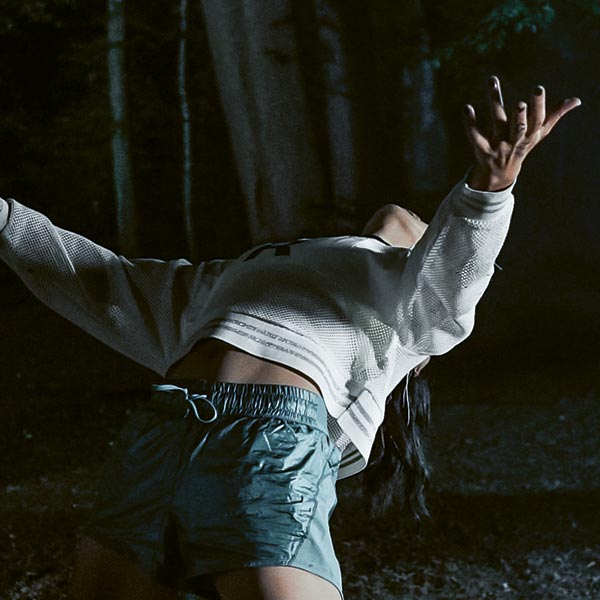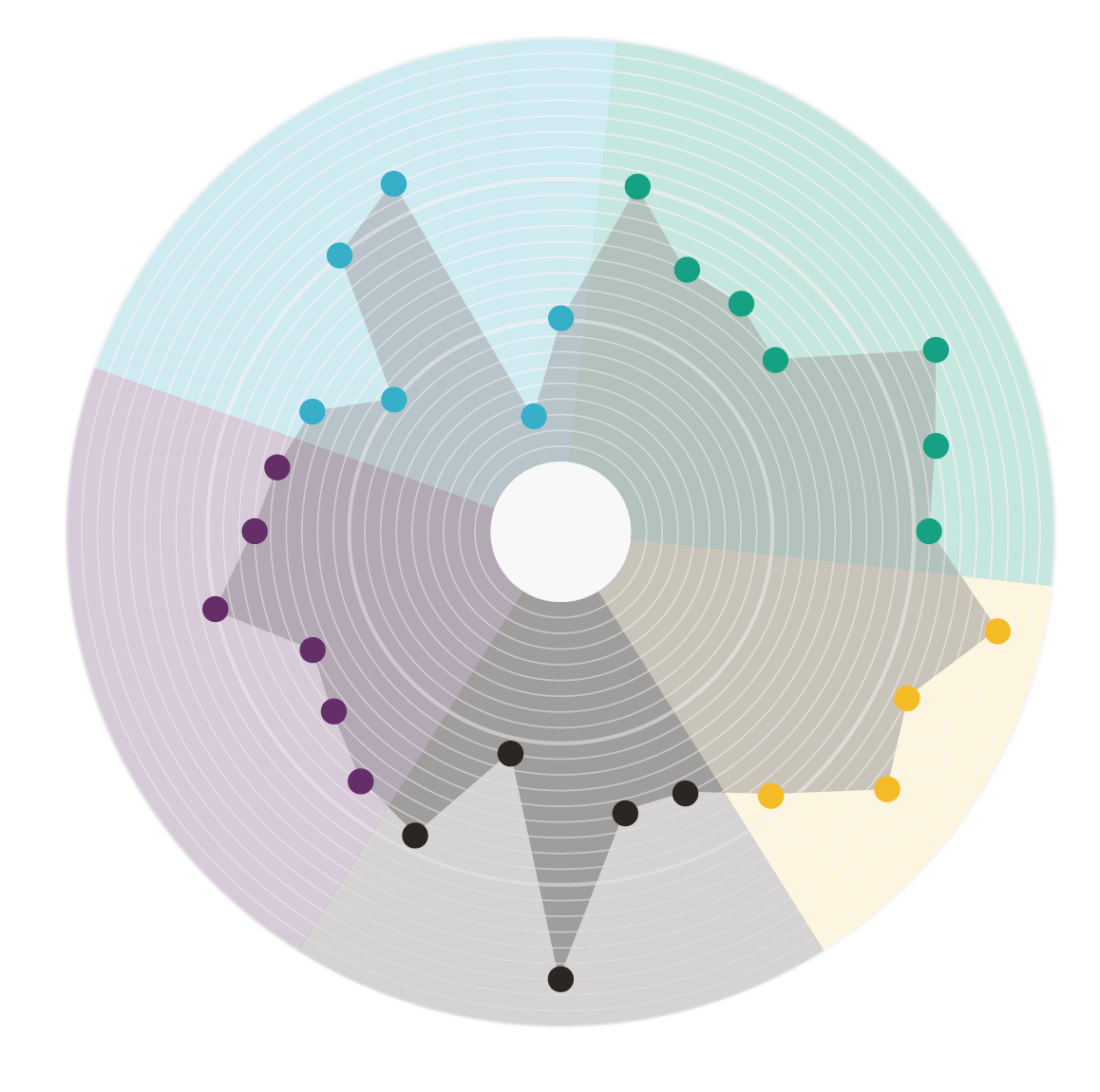Concepts
Narrative
It’s a concept that is popular in today’s media – but where did it originate?

Photo: Florian Fisch
“We are living in the Ukrainian narrative of this war”. This phrase, heard on the Swiss Radio programme ‘Echo der Zeit’ in March 2022, is an excellent example of how this concept is used today: it’s a popular expression in the media to explain how one side in a conflict tells a story from its own perspective.
This concept originated in the cultural sciences. The French philosopher Jean-François Lyotard called the principal streams of Western philosophy – e.g., the Enlightenment – the “grand récits”, which offered a specific narrative perspective on certain events and epochs. In English this became ‘grand narratives’, in German ‘Meistererzählungen’. Soon, ideologies like communism and National Socialism were also being seen as just such master narratives. All communities have stories that hold them together by adopting a certain perspective, and exclude those who uphold a different view of the world. This brings us to today’s use of the concept of ‘narrative’: it holds together the forces of one side, while declaring the others to be evil.




